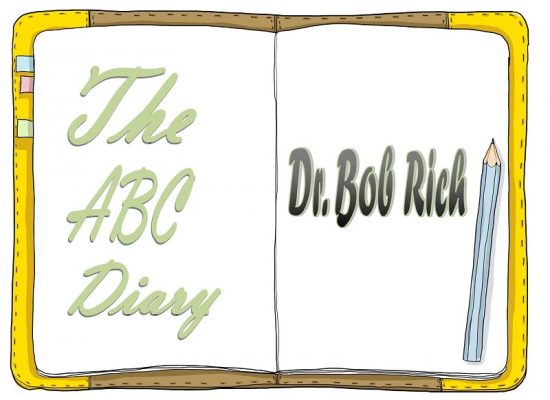Anxiety and Depression
Bob Rich’s Self-Therapy Guide: Getting in Its Way
In this series, Dr. Bob Rich teaches you how to leave behind depression, anxiety, and other forms of suffering all too common in our crazy world. Recovering the Self published two sections of Bob Rich’s book From Depression to Contentment: A self-therapy guide in a series of posts – the first section ending with the quest for meaning and the second section concluding with The Development of Resilience. The third section of Bob’s work continues here with special attention to various techniques and practices that are helpful in controlling depression.
In the previous post, Bob took us back to the story of Giles in search for the earliest memories of negative feelings about oneself. In todays’ short but important post, he offers some expert advice on how to deal with one’s repetitive thoughts that hamper the quest for inner peace.
Getting in Its Way
My sister-in-law told me she is annoyed at a habit of hers: she counts everything. Her solution: as soon as she notices, she rapidly repeats the last number in her mind, while continuing the activity. This of course means that she loses count. Then she triumphantly laughs at herself.
She doesn’t know she reinvented a CBT tool. You can do this with any habit, for example occurrences of the thought, “Oh, I hate myself!” Construct a competing thought. Remember, my riposte to “If there is a wrong way of doing it, or even if there isn’t, I’ll do it that way first” is always, “If someone else can do it, I can learn it.” Depending on your history, culture and beliefs, you might choose something like “Jesus loves me anyway,” “I forgive other people, so I can forgive myself,” or “Bullshit, that’s only an inside noise unless I believe it.”
The requirements are: you need to honestly believe the new statement, even if the old, harmful one is true (like mine); you should find it easy to remember; and apply it every time the harmful thought is triggered. If you forget, then OK, no harm done. Do better next time.
You will speed up the process, again, through keeping records. If like most people, you’re welded to a cell phone, open a little file in there, and keep count of how many times each day you succeeded in using the new habit to shout over the old one, and how many times you’ve caught yourself slipping back. Remember, attention is magic.
Later, I’ll introduce another way of dealing with self-damaging thoughts and memories, but developing an interfering habit is very useful, all the same.
Homework
Just do it.
– Dr. Bob Rich









One thought on “Bob Rich’s Self-Therapy Guide: Getting in Its Way”